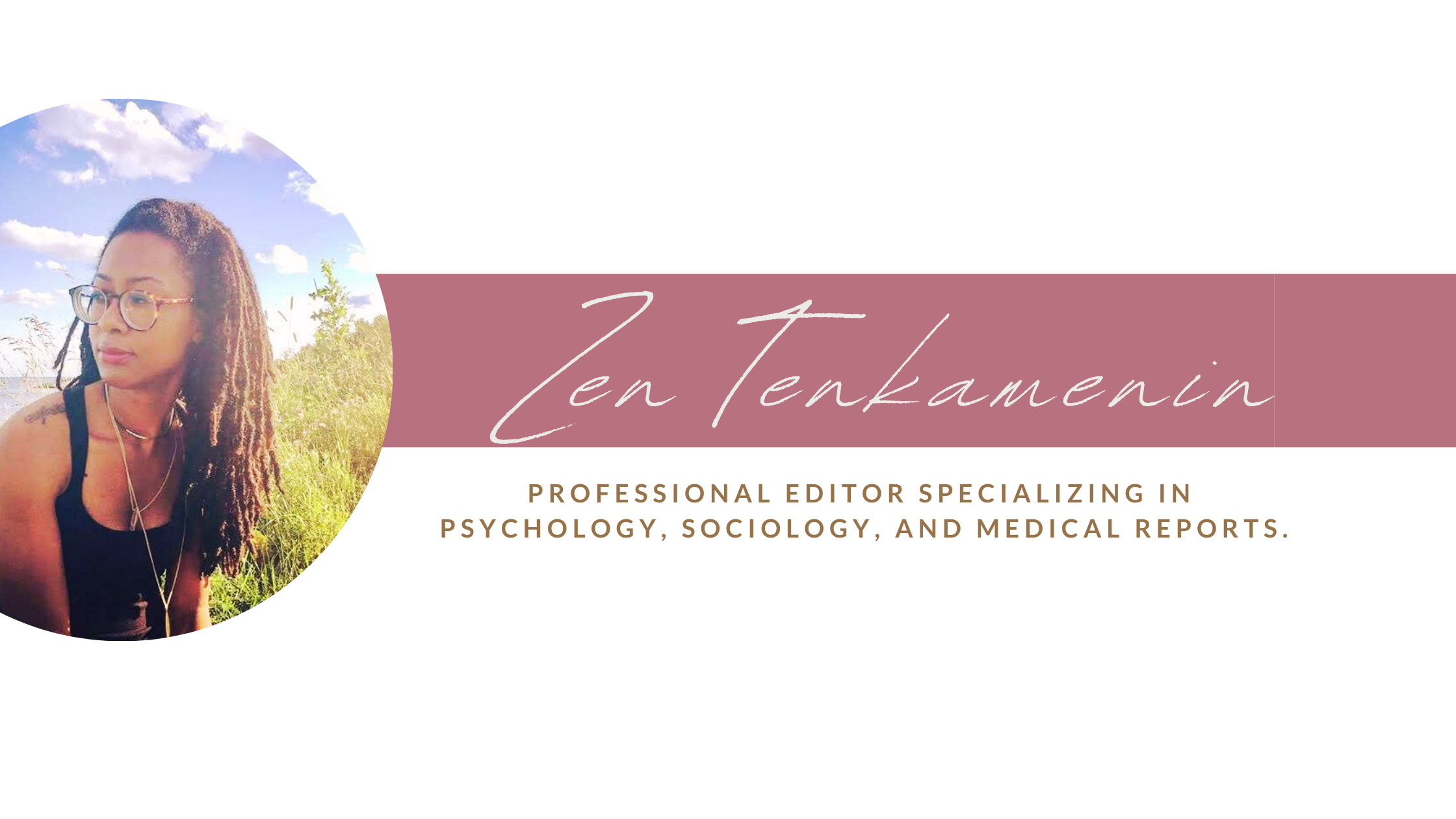I used to think I was the only one.
The only daughter who walked on eggshells in her own home. The only child who flinched at compliments, because they always came with a catch. The only woman who reached adulthood still waiting for her mother’s approval—only to realize it would never come.
But I’ve learned that daughters of narcissistic, emotionally abusive mothers are everywhere. We’re the ones who were told we were too sensitive. Too dramatic. Too much. Or not enough.
Some people talk about mother wounds like they’re metaphors. I talk about them the way I remember them: as facts. As scars. As quiet rooms filled with loud silence. As teenage memories of being insulted in public, gaslit in private, and shamed into obedience with a smile on her face for the neighbors to see.
Let me be clear:
This isn’t about revenge.
It’s about release.
For years, I thought I had to keep the peace—even if it meant keeping my pain a secret. I thought being a good daughter meant staying quiet, showing up, and swallowing the disrespect as long as she needed me. But the truth is, keeping peace with someone who thrives on control is not peace. It’s submission.
And daughters like us?
We’ve submitted long enough.
So how do you deal with a narcissistic mother?
You don’t try to change her.
You stop letting her change you.
You start setting boundaries—not as punishments, but as acts of self-respect. You stop explaining yourself to someone committed to misunderstanding you. You stop shrinking, fawning, and second-guessing your worth. And when she says, “After everything I’ve done for you…” you remind yourself that love is not a transaction, and obligation is not affection.
If you’re tired, I see you.
If you’re healing, I stand with you.
If you’ve lost family for telling your truth—welcome. You’re not alone here.
This is the kind of honesty I’ve poured into my memoir, We’re Not Monsters.
Not because I’m bitter.
But because I’m done pretending I’m fine when I’m not.
We were never the problem.
We were just the ones brave enough to name it.

